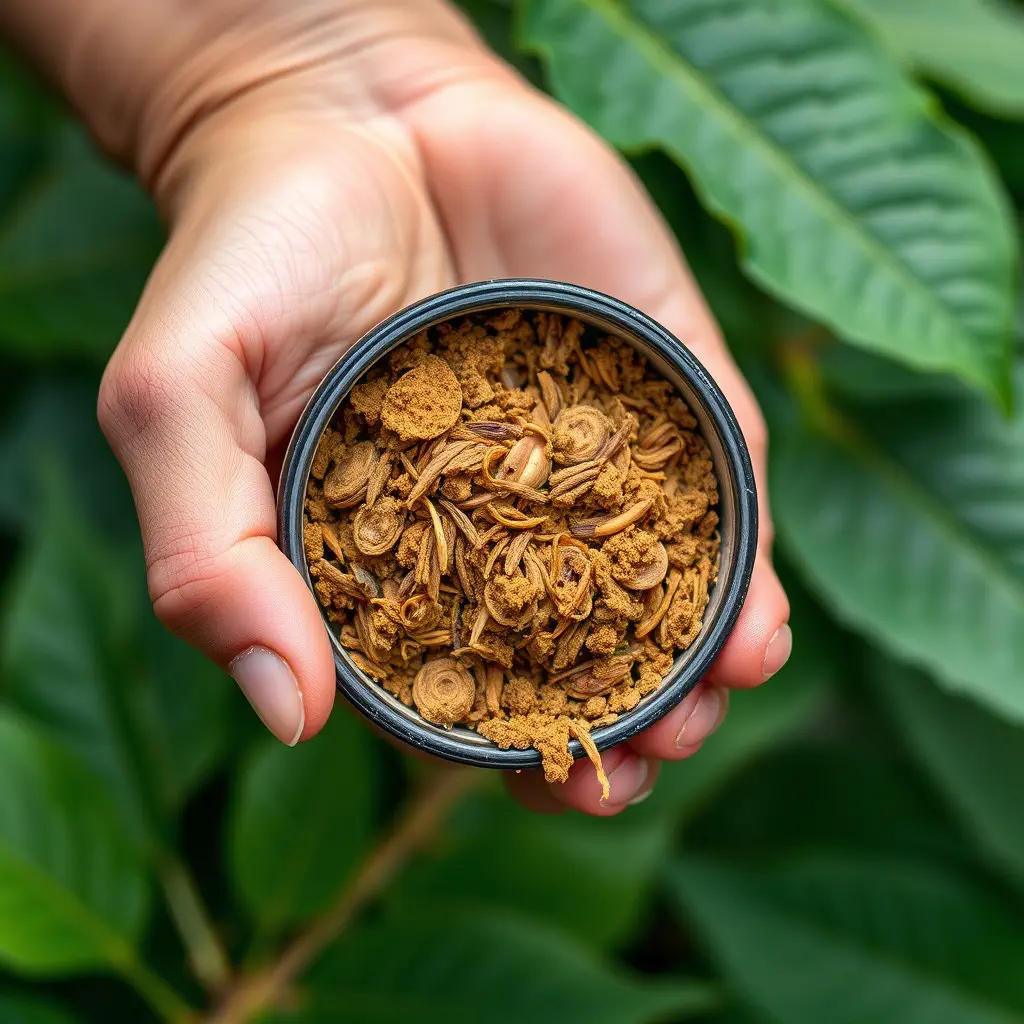Kratom, derived from the tropical tree Mitragyna speciosa, has gained attention as a potential natural remedy for opioid withdrawal symptoms. This article delves into the challenges faced during opioid withdrawal and explores how kratom can promote restful sleep, a critical aspect of the recovery process. We’ll guide you through understanding safe and effective dosage practices to optimize its benefits for a smoother transition towards a kratom-assisted recovery journey.
- Understanding Opioid Withdrawal and Its Challenges
- Kratom as a Natural Remedy for Better Sleep During Withdrawal
- Exploring Safe and Effective Dosage for Optimal Results
Understanding Opioid Withdrawal and Its Challenges
Opioid withdrawal is a complex process that can present significant challenges for individuals seeking to break free from addiction. When someone stops using opioids after prolonged use, their body experiences a range of physical and emotional symptoms as it adjusts to the absence of these powerful substances. These symptoms often include intense cravings, nausea, insomnia, anxiety, and in some cases, severe pain. The difficulty lies in managing these withdrawal symptoms effectively while also addressing the underlying psychological dependence.
Insomnia is a particularly common struggle during opioid withdrawal, leading many to seek natural remedies for restful sleep. Kratom, a herb derived from the Mitragyna speciosa plant, has gained attention as a potential aid for both insomnia and opioid withdrawal. Its calming properties may offer some relief from the restless nights often associated with detox, allowing individuals to navigate this challenging phase with greater comfort.
Kratom as a Natural Remedy for Better Sleep During Withdrawal
Kratom has gained attention as a natural remedy for various health issues, including opioid withdrawal symptoms. One of its lesser-known but significant benefits is its potential to improve sleep quality during this challenging period. Opioid withdrawal often disrupts normal sleep patterns, leading to insomnia or restless nights. Kratom’s calming effects can help alleviate these issues, promoting better rest. The plant contains several alkaloids, including mitragynine and 7-hydroxymitragynine, which interact with opioid receptors in the brain, potentially reducing withdrawal-related anxiety and facilitating a more peaceful sleep state.
For individuals navigating opioid withdrawal, incorporating kratom into their self-care routine might offer a natural path to better sleep. This can be particularly beneficial as adequate rest is crucial for managing withdrawal symptoms overall. By addressing sleep disruptions, kratom could contribute to an improved recovery experience, allowing individuals to feel more rested and better equipped to cope with the physical and emotional aspects of opioid withdrawal.
Exploring Safe and Effective Dosage for Optimal Results
When considering kratom for opioid withdrawal, understanding the optimal dosage is paramount for achieving safe and effective results. Starting with lower doses is generally recommended to gauge individual tolerance and response. Typically, a range between 1-3 grams of kratom powder per dose can be a good starting point, taken up to three times daily. For those seeking kratom for restful sleep, an evening dose slightly higher than the standard range (e.g., 2-4 grams) might prove beneficial while ensuring it doesn’t interfere with daily activities.
It’s crucial to remember that everyone is unique, and what works for one person may not work for another. Monitoring your body’s reaction and making adjustments accordingly is essential. Regular breaks between doses allow your body to process the kratom effectively. Additionally, combining it with a balanced diet, regular exercise, and stress-reducing practices can enhance its positive effects on opioid withdrawal symptoms, including improved sleep.
Kratom has emerged as a promising natural alternative for managing opioid withdrawal symptoms, particularly in aiding better sleep. By understanding the challenges of opioid withdrawal and exploring safe dosage practices, individuals can harness the benefits of kratom to promote restfulness during this transformative process. Incorporating kratom into a comprehensive self-care routine may offer much-needed relief and support for those seeking to break free from opioid dependence.






